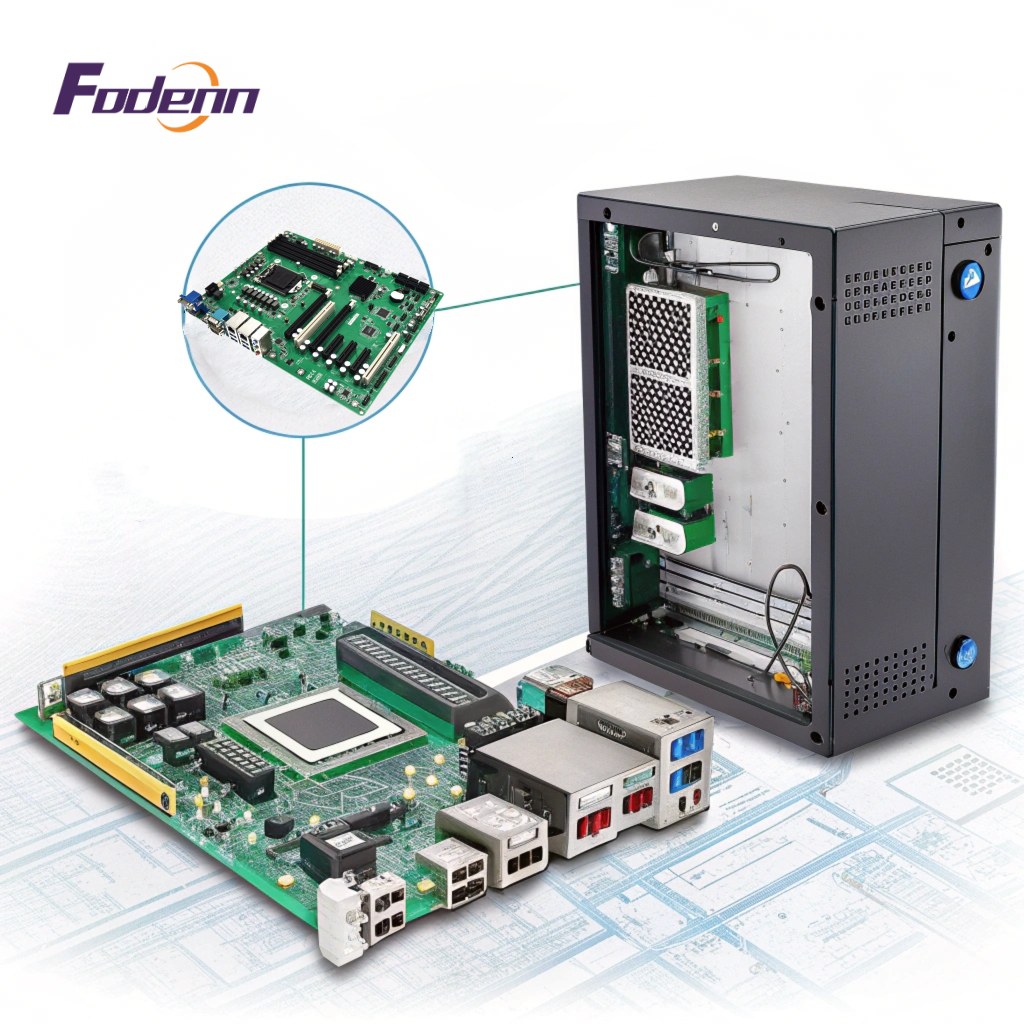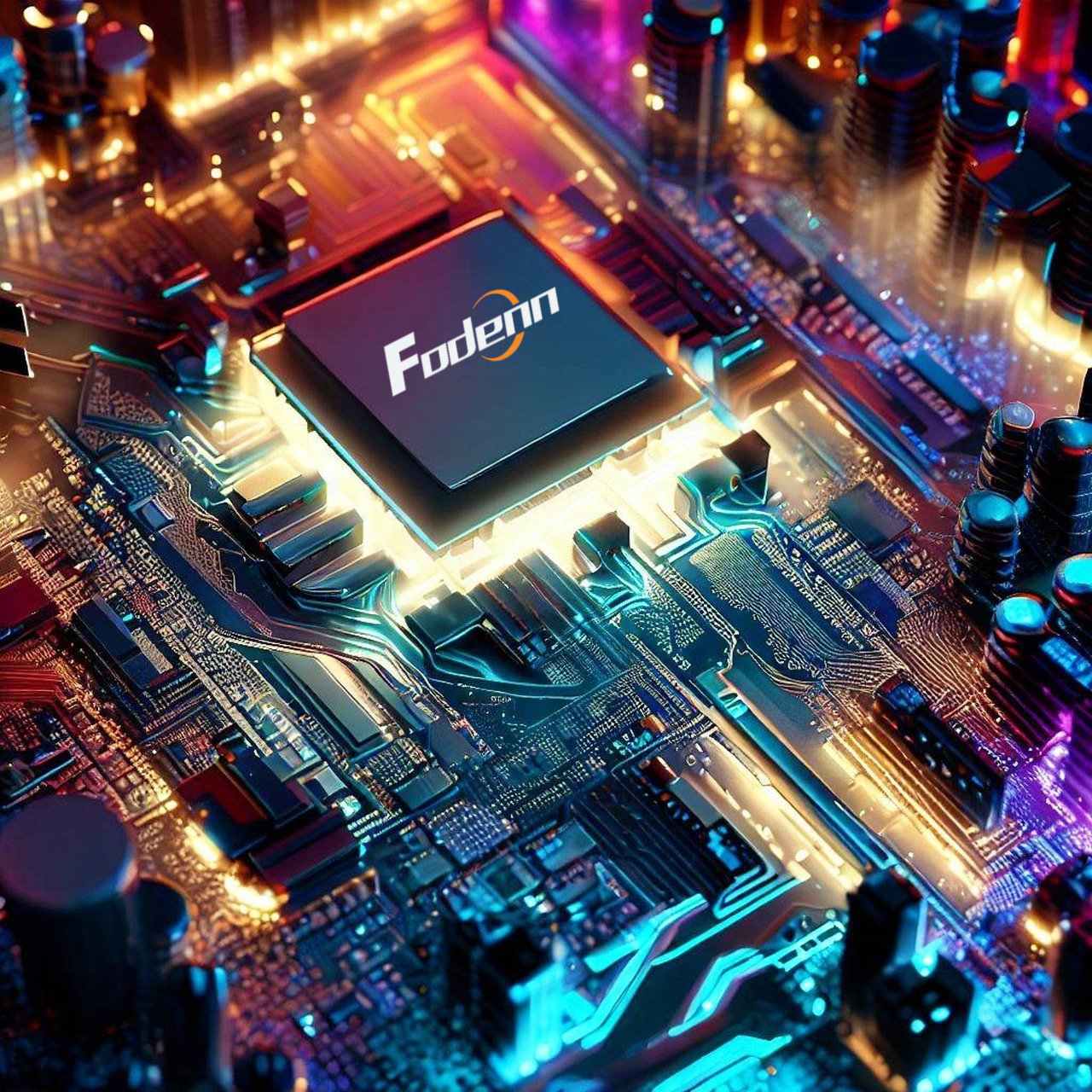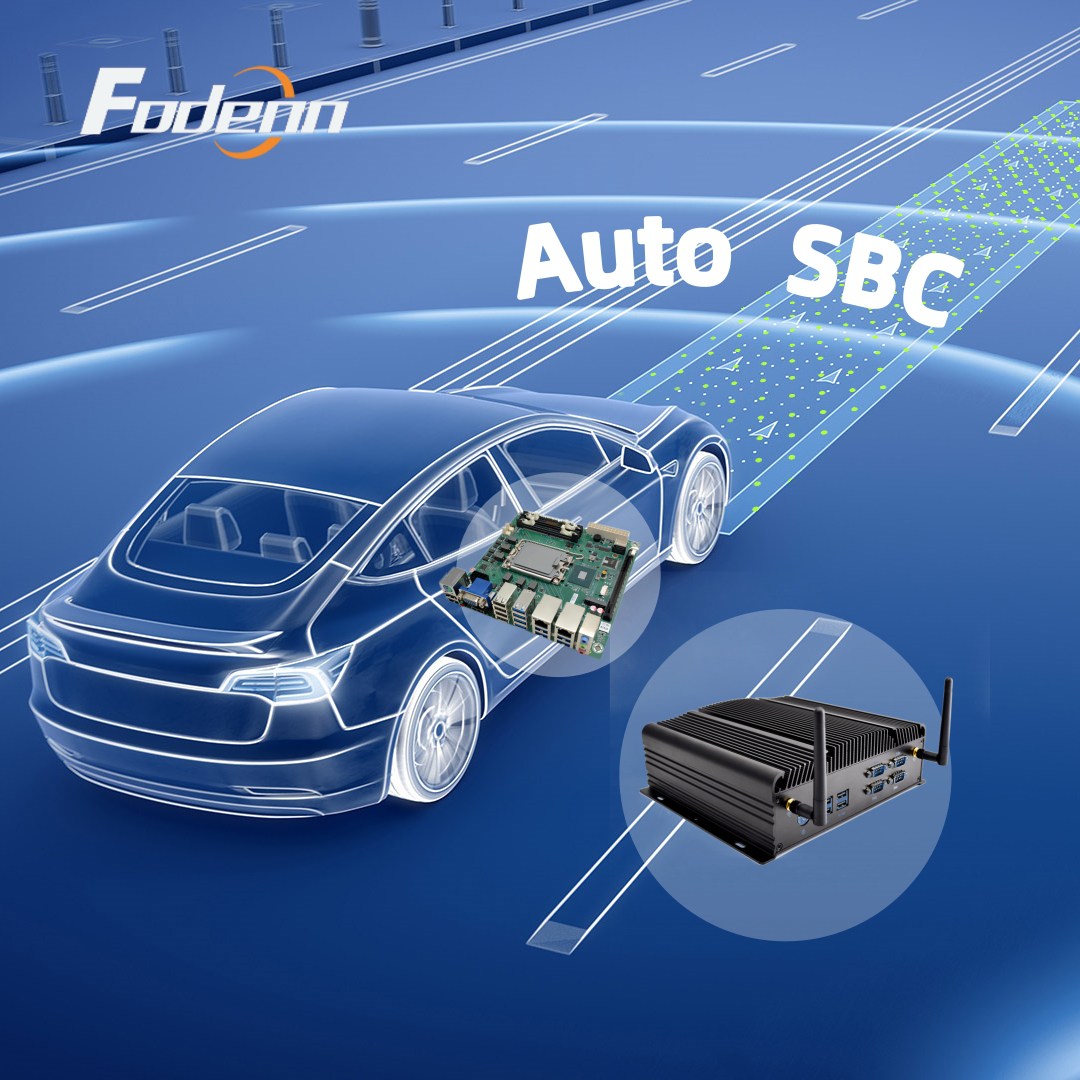How Automotive Single Board Computers are Paving the Way for Driving?
Nov 28, 2024
The rapid advancement of modern automotive technology has transformed cars from simple modes of transportation into high-tech auto integrated with complex electronic systems and advanced technologies. Automotive Single Board Computers (SBCs) are at the heart of these electronic systems, providing powerful computing capabilities that enable vehicles to process large amounts of data and perform complex tasks. The role of Single Board Computers in modern automobiles is becoming increasingly significant, as they not only support traditional in-vehicle functions but also provide the necessary hardware foundation for emerging technologies such as autonomous driving, the Internet of Vehicles (IoV), and electrification. Single Board Computers have become key to automotive technological innovation, and their development and application are reshaping the future of the automotive industry.
The History and Development of Single Board Computers
1. Development of Early Automotive Electronics:
Early automotive electronic systems were relatively simple, primarily used for basic control and display functions. With the microelectronics technology evolved, these electronic systems gradually integrated more features, such as electronic ignition, fuel injection, and Anti-lock Braking Systems (ABS).
2. Introduction of Automotive SBCs and Their Impact on the Industry:
The introduction of Automotive Single Board Computers marked a significant develop in automotive electronics. They offer higher processing capabilities and more complex functional integration, enabling vehicles to achieve advanced control and monitoring. The application field of Single Board Computers has expanded from simple infotainment systems to complex Advanced Driver-Assistance Systems (ADAS) and Vehicle Control Units (VCU).
3. How Technological Progress Drives the Evolution of Automotive SBCs:
With advancements in computing technology, the processing power of Automotive Single Board Computers has significantly improved, and their form factor size and power consumption have been optimized. These improvements have enabled Single Board Computers to support more complex algorithms and data processing, providing possibilities for the development of autonomous driving and smart connected vehicles.
Key Technical Features of Automotive Single Board Computers
1. Processor and Memory Technology:
Single Board Computers typically uses high-performance processors, such as X86 processors, which lead the market due to their high performance, extensive software compatibility, and support for multiple operating systems. They are increasingly used in the automotive industry, with over 25 million vehicles equipped with x86-based processors. These processors can handle complex computational tasks and support various operating systems. Memory technologies like DDR4 and DDR5 are also continuously evolving to meet the growing demands for data storage and processing. Fodenn Manufacturer's Automotive Single Board Computers are configured with Intel 12th, 13th, 14th Gen Core / Celeron / Pentium Socket LGA1700 CPUs, enabling rapid processing of complex computational tasks and supporting Windows 10/Win11, Linux/Unix operating systems.
2. Input/Output Interfaces and Expansion Capabilities:
Automotive Single Board Computers are equipped with a rich array of I/O interfaces, such as GPIO, CAN, USB, and Gigabit Ethernet, to support the connection of various sensors and peripherals. The Single Board Computer IPC-H610 provided by Fodenn manufacturer features dual display interfaces of VGA and HDMI, 8 USB 3.0 ports, and 10 COM interfaces. The expansion capabilities of these interfaces are crucial for achieving the multifunctionality of vehicles.
3. Network Connectivity and Communication Protocols:
Single Board Computers support a variety of network connection options, including Wi-Fi, Bluetooth, and cellular networks. For instance, the IPC-H610 single board computer is configured with 2 RJ45 Gigabit Ethernet ports to facilitate communication between the vehicle and the outside world. They also support multiple communication protocols to ensure effective data exchange with other vehicles and infrastructure.
4. Power Management and Energy Efficiency:
Single Board Computers require efficient power management to adapt to the vehicle's power system and maintain energy efficiency under different operating conditions. Fodenn offers 24+4PIN modern ATX power supplies that enhance performance and user experience through full modular design and intelligent fan control technologies.
5. Environmental Adaptability and Durability:
Fodenn manufacturer's Automotive Single Board Computer solutions are renowned for their superior processor performance, multiple interfaces, and durability, enabling stable operation in extreme automotive environments. The full modular design of SBCs allows users to insert power cables as needed, reducing cable clutter inside the chassis, improving heat dissipation, and making the entire system more aesthetically pleasing.
Applications of SBCs in Modern Automobiles
1. In-Vehicle Infotainment Systems:
Single Board Computers provide a powerful computing platform for in-vehicle infotainment systems, supporting multimedia playback, navigation, and internet connectivity features.
2. Advanced Driver-Assistance Systems (ADAS):
SBCs play a central role in ADAS, processing data from sensors such as cameras, radar, and lidar to achieve lane keeping, collision warning, and other safety functions.
3. Vehicle Control Units (VCU):
Automotive Single Board Computers coordinate the powertrain, chassis, and body systems in VCU, ensuring the vehicle's efficient and safe operation.
4. Telematics and the Internet of Vehicles (IoV):
Auto SBCs support the connection of vehicles to the cloud, enabling remote monitoring, diagnostics, and software updates.
Automotive single board computers are essential components driving innovation in vehicle technology. Their compact design, robust performance, and versatility make them ideal for a wide range of applications in modern vehicles. As the automotive industry continues to evolve, the importance of automotive SBCs will only grow, shaping the future of transportation. Embracing these advanced computing solutions is crucial for manufacturers aiming to stay ahead in a competitive market. Contact Fodenn today for advanced SBC computing solutions to power your next automotive technology innovation project.
Read More


